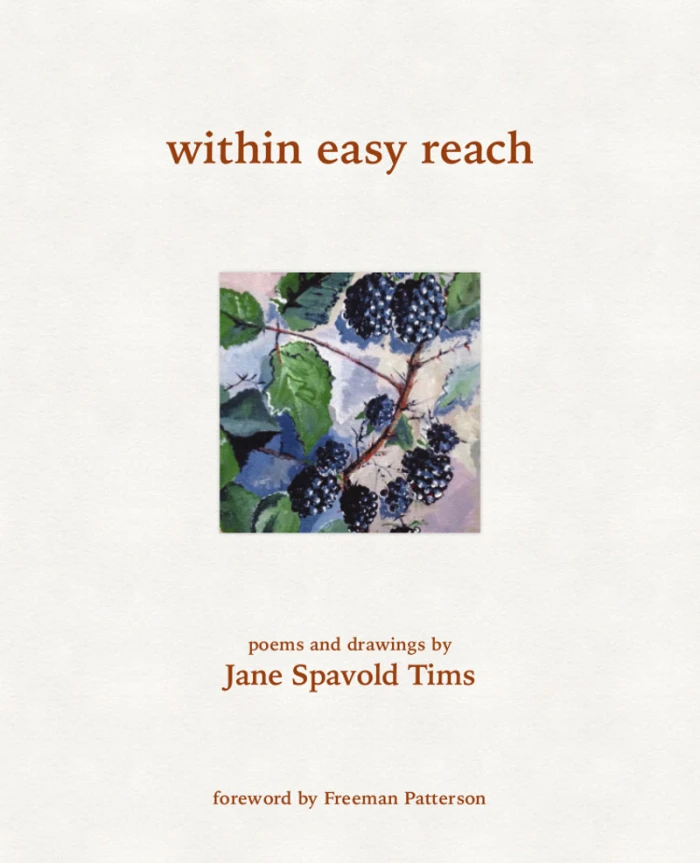my writing toolkit
Over the years, I have received all kinds of advice about writing. Some of this advise comes from reading books about writing well. Other advice comes from listening to the comments of teachers, other writers, family members, friends, and so on.
These are my ‘top five’, passed on to you:
- Get a notebook and write in it, every day if possible. Choose a notebook comfortable for you. I used to find notebooks were confining, and a monkey was always watching over my shoulder at the things I’d write, so I could never be spontaneous or ‘truthful’. Then I developed the concept of the “Rough Book”. In my Rough Book, everything is allowed: scribbling, first drafts and revisions, doodling, letters, notations, sketches, happy faces, ideas, reference notes, books to read, and more doodles. The monkey is allergic to my Rough Book.
- Join a writer’s group. Find out about existing groups in your area who meet regularly and accept new members. If you can’t find an existing group, find some other local writers and start a group of your own. I have been a member of my local writing group for over 15 years. We meet monthly, have at least one writing retreat per year, and follow a set meeting format of ‘check-in, read and critique’. Sometimes we do some new writing or revision at meetings.
- Develop a set of guidelines for your writing, to help you with revisions. My guidelines are very specific to me and my writing style and voice. I have developed them over years of trying to understand the mistakes I make and listening carefully to others who read my work. Examples of my guidelines are: search for ‘that’ and ‘which’; seek out ‘weak’ verbs ( to be, to go, etc.) and find another verb; think about every word in the poem and ask “is there a better word?”; and so on. These guidelines might not be right for you but I think my guidelines help me write better poetry.
- Take a course or workshop in some aspect of creative writing. Workshops rejuvenate your writing habit, give you a chance to learn new skills, and help you practice reading your work aloud.
- Read.





















Jane, Thank you for sharing your process and wisdom. It’s inspiring and encouraging.
LikeLike
seedbud
June 10, 2012 at 7:48 am
Hi. Thanks. I’d like to know a little about your process. Do you begin with the photo or the poem? Jane
LikeLike
jane tims
June 10, 2012 at 7:51 am
I begin with a photo. But I think the searching about for the photo – the walk in the woods, etc. is really the start of the poem. I take skads of photos and then as I weed, crop and edit them little tidbits of the poem emerge. I jot those down and then return once or many times to complete the poem. I too search out ‘weak” words and always have a thesarus handy.
LikeLike
seedbud
June 10, 2012 at 8:10 am
Hi. Poems seem to me to be embedded in process. The photo part is time consuming, but if you think of it as time the brain needs to sort through words and ideas, it seems more worthwhile. The thesarus is part of my toolkit too… also reference books of various types. Thanks for sharing your process… your results are very beautiful. Jane
LikeLike
jane tims
June 11, 2012 at 7:05 am